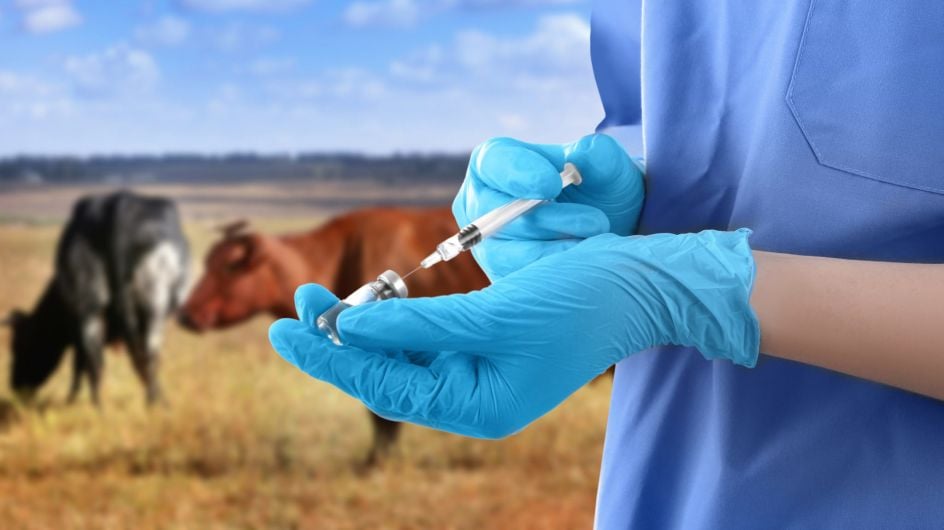FARMERS in West Cork will need prescriptions to buy anti-parasitic drugs after new veterinary medicine regulations were introduced by the Department of Agriculture.
And the body representing cooperatives claims the decision may ultimately lead to closures of local stores and merchants.
Last Thursday, the Minister for Agriculture, Food and the Marine Charlie McConalogue signed the Veterinary Medicinal Products Regulations 2024 into law.
The regulations aim to combat antimicrobial and antiparasitic resistance, providing tighter controls around the prudent use of antiparasitic medications. This includes the upregulation of all antiparasitics to prescription only medicine (POM) status. ‘With antiparasitics now available only on foot of a veterinary prescription issued by a veterinary practitioner, the central role of professional veterinary advice in determining the necessity and suitability of anti-parasitic products will be reinforced,’ said a Dept statement.
However, the Irish Co-operative Organisation Society (Icos) has said the regulations have rewarded ‘scare-mongering by Veterinary Ireland and hands the veterinary profession a near-monopoly on the sale of products’.
‘Instead of being able to buy anti-parastics over the counter as has been the case to date, farmers will now need to seek a prescription from a vet for supply, raising their costs and diminishing this significant line of business for local co-op stores and merchants,’ said a spokesman.
‘It reduces choice for the farmer consumer and the fear also is that it will lead to closures of local stores and merchants as this is a significant aspect of their business, directly serving the rural community.’
Icos said licensed merchants will now be forced to operate within a high-cost supply route for a market that is predicted to shrink over the next decade, while being frozen out of supplying essential products to farmers. ‘This doesn’t just undermine our industry – it directly affects livelihoods of livestock farmers, who will bear the brunt of reduced competition, reduced accessibility to veterinary products and higher
prices.
‘Over four years of engagement and negotiations with the Minister and his officials, we have always sought a fair and practical approach to the implementation of these regulations; one that ensures farmers retain access to essential veterinary medicines through multiple channels. Instead, the Minister’s decision rewards scare-mongering by Veterinary Ireland and hands the veterinary profession a near-monopoly on the sale of these products.
‘We are particularly aggrieved that, after years of dialogue, the voices of the co-operative farming sector and licensed merchant community have been ignored. The Minister’s approach will unfortunately lead to the potential closure of merchant stores across the country, further limiting farmers’ access to these essential products. This goes against the future sustainability of livestock farming in Ireland. This decision will have far-reaching consequences, and its true cost will only become apparent in the years to come.’
Meanwhile for their part, Veterinary Ireland have criticised the new regulations, for entirely different reasons. The new regulations introduce a mandatory electronic national veterinary prescription system (NVPS) which will be required to be used by all dispensers of POMs, including a responsible person at a licensed retailer such as a co-op.
Minister McConalogue has introduced a ‘Proper Assessment Protocol’ for the prescribing of anti-parasitic veterinary medicinal products to facilitate this.
But Veterinary Ireland say this could mean in practice a retailer filling out an assessment form, and giving it to a vet without the vet discussing the issue with the farmer.
‘It is vital that farmers engage with their own veterinary practitioner to get proper tailored advice on dosing arrangements, and this will result in farmers using less antiparasitic veterinary medicines, savings to famers and improved productivity and profit, whilst addressing resistance,’ said Veterinary Ireland Medicines Working Group chair Conor
Geraghty.










